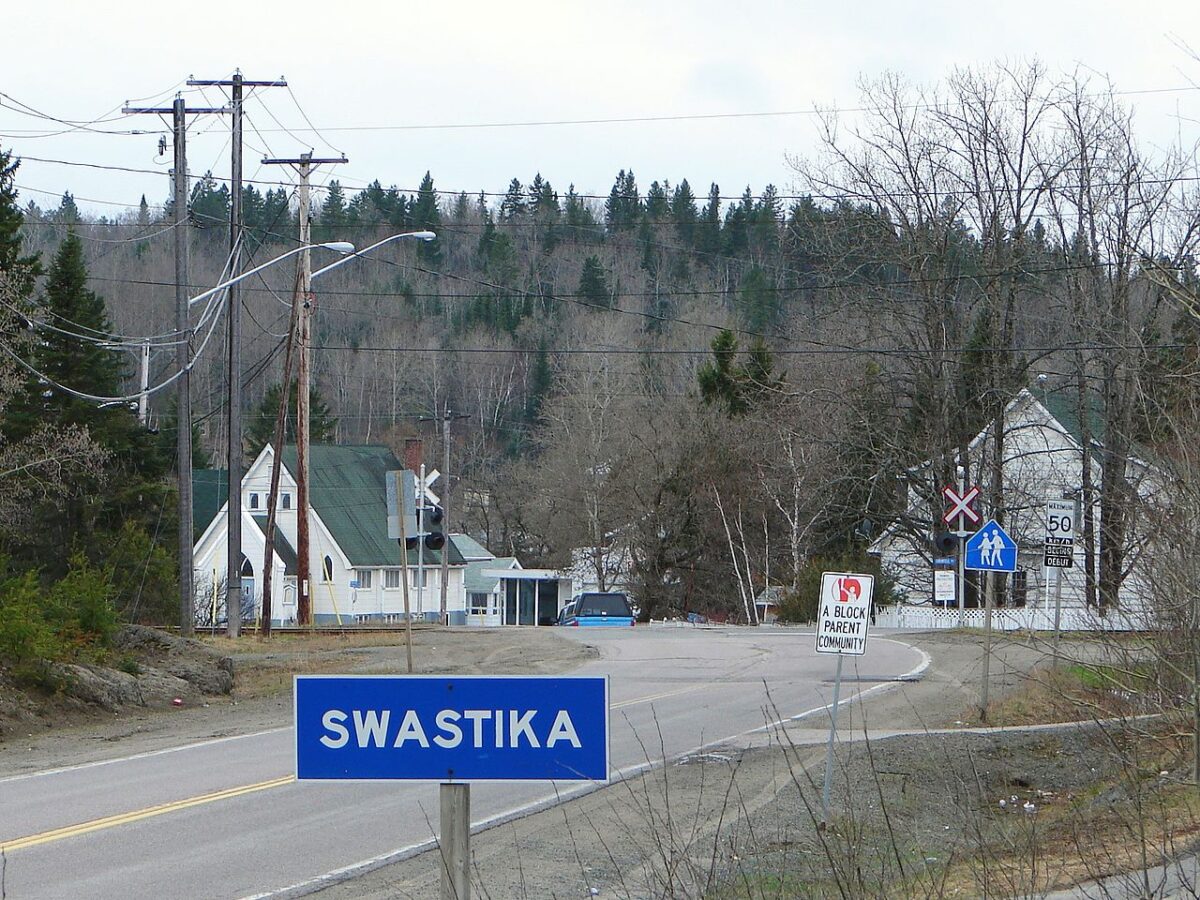Incredulously enough, a street in the eastern Ontario town of Ajax is named after a German naval officer who was an ardent Nazi and a keen supporter of Adolf Hitler. Langsdorff Drive bears the name of Hans Langsdorff, the captain of the Graf Spee, an ill-fated cruiser that engaged the British Navy in the first major naval battle of World War II.
The Graf Spee sank nine British merchant ships in the South Atlantic Ocean in the first few months of the war, which broke out on September 1, 1939 after Germany invaded Poland. But in the Battle of the River Plate off the coasts of Uruguay and Argentina in December of that year, the fate of the Graf Spee was sealed when it encountered a small flotilla of British warships.
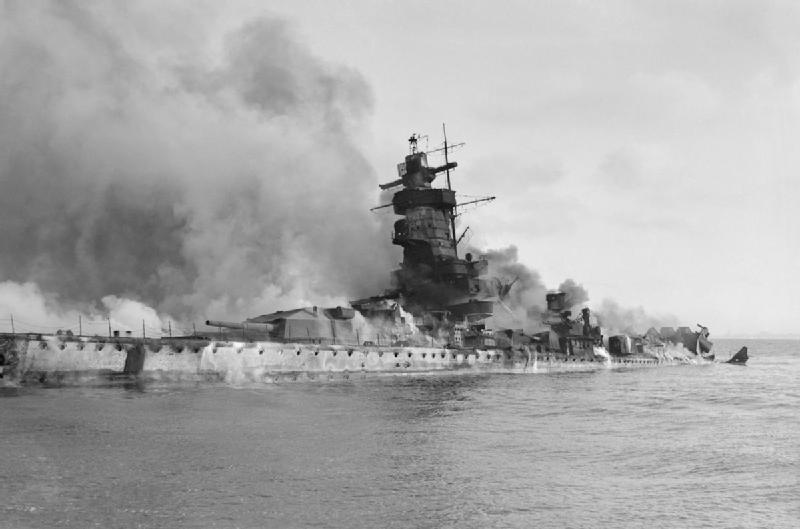
In a fierce engagement, one of the British vessels, the Exeter, was severely damaged and forced to withdraw, while the Ajax and the Achilles sustained moderate damage. The Graf Spee got off relatively lightly, its fuel system having been crippled.
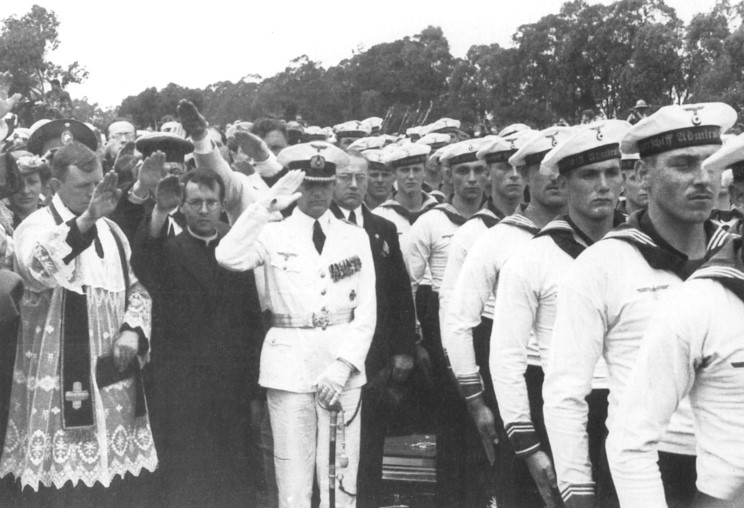
Langsdorff sailed into the neutral port of Montevideo for repairs, the Graff Spee shadowed by the Achille and Ajax. Informed by the Urguguayan government that he would have to leave within 72 hours, he scuttled the Graf Spee, fearing it would be no match for the British vessels lying in wait. He committed suicide in Buenos Aires a couple of days later. His crew was interned for the duration of the war.
The incident was the subject of a 1956 British feature film, Pursuit of the Graff Spee, starring Peter Finch and Anthony Quayle.
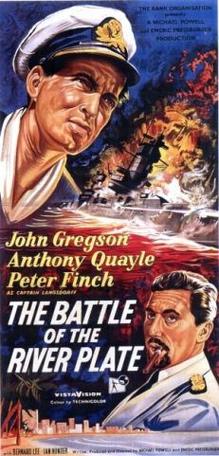
In his suicide note, Langsdorff wrote, “I can now only prove by my death that the fighting services of the Third Reich are ready to die for the honor of the flag. I shall face my fate with firm faith in the cause and the future of the nation and of my Führer.”
Ajax, east of Toronto, is named after one of the British ships that participated in the Battle of the River Plate. Oddly enough, one of its streets was called Graf Spee Lane until very recently. Last month, Ajax’s municipal council voted to rename Graf Spee Lane, but inexplicably chose to keep Langsdorff Drive’s name intact, despite a request by B’nai Brith Canada to rename it.
It’s hard to understand why Ajax renamed Graf Spee Lane while keeping Langsdorff Drive. As B’nai Brith Canada’s chief executive officer, Michael Mostyn, correctly said, “There is no place for streets honoring Nazi combatants in Canada. While Hans Langsdorff was attacking Allied shipping in the South Atlantic, his comrades were murdering Jews and Poles en masse in occupied Poland. These were inseparable components of the overall Nazi war effort.”
Decency demands that Ajax should retire Langsdorff Drive and replace it with a far more appropriate name. I can make a suggestion. Why not rename it in honor of the anti-Nazi German resister Sophie Scholl? A member of the non-violent White Rose organization, she paid with her life for her unwavering beliefs and courage.
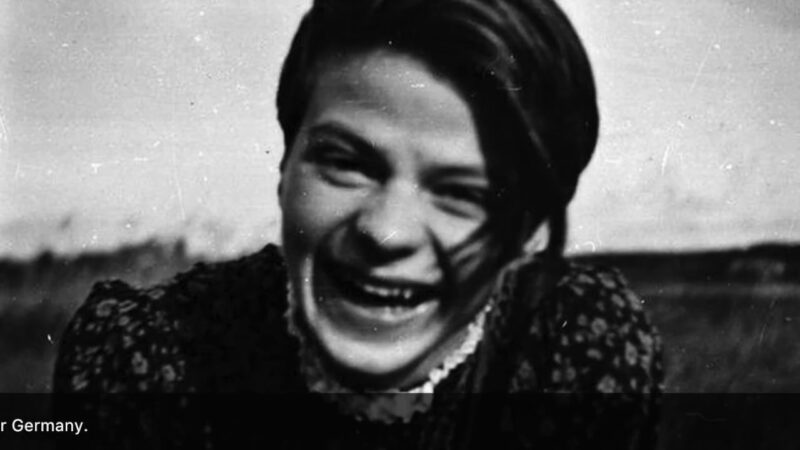
Regrettably, Langsdorff Drive is not the only thoroughfare in the province to bear such an objectionable name. Last year, a few residents of Puslinch, in southwestern Ontario, asked the township to rename Swastika Trail, a road which has borne this unfortunate name since the 1920s.
In retrospect, one can understand why Puslinch named a road after the swastika. In Hindu culture, it’s a good luck symbol. But the Nazis shamelessly perverted the swastika, converting it into an emblem of racial hatred and genocide. Today, the swastika is inextricably bound up with Nazi Germany rather than with the benevolent Indian version.
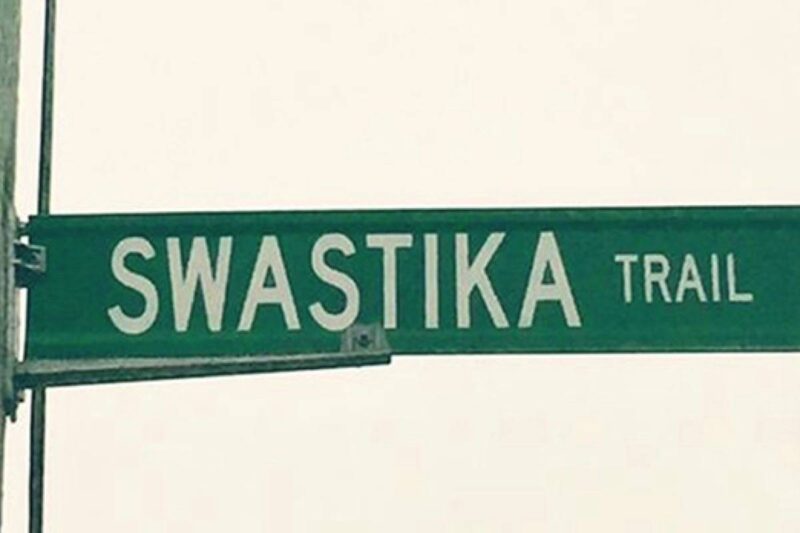
In calling for the removal of Swastika Trail’s name, some residents of Puslinch argued that the swastika has represented nothing less than hatred, white supremacy and antisemitism since the Nazi era in Germany.
Since no agreement was reached on how to handle their complaint, the case was referred to a divisional court.
“There is no doubt that, to many people in Canada in the 21st century, the swastika is an abhorrent symbol, reminiscent of the atrocities perpetrated by the Nazis,” the court said in its verdict. But the court added that the township had “acted lawfully when it voted not to change the name of the road.”
One can only hope that Puslinch will revisit its misguided decision and find another name for Swastika Trail. The good people of Puslinch should have no problem finding one.
I don’t know whether B’nai Brith Canada has petitioned the northern Ontario gold mining town of Swastika to change its name. Like Puslinch, Swastika derives its name from Hindu lore.
Founded in 1908, Swastika is now part of the town of Kirkland Lake. Swastika clings to its unusual name, but hasn’t the time come to bury it once and for all?
